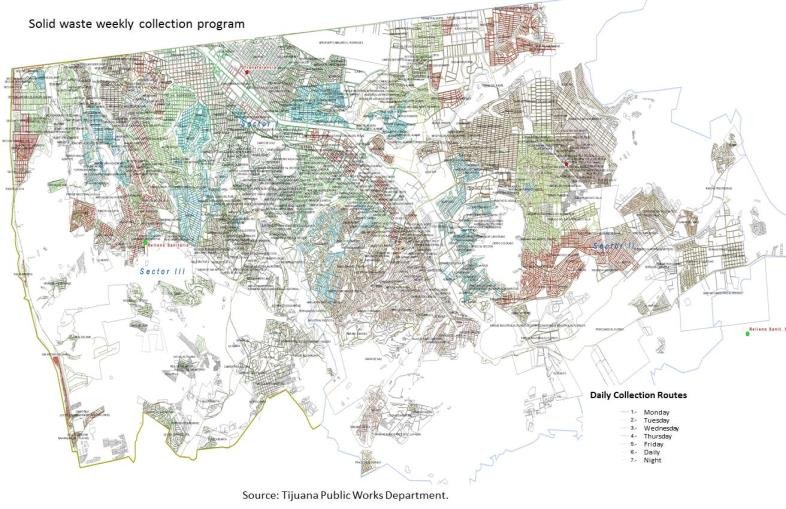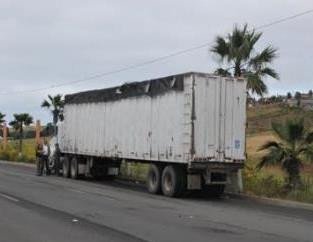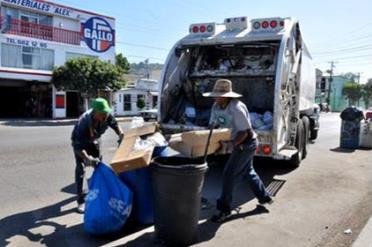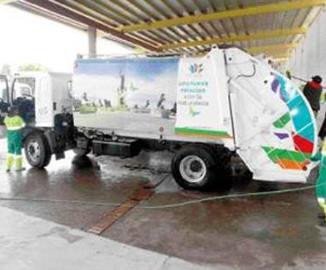Background
Population growth in the last decade in the city of Tijuana has created an excessive production of waste and an extraordinary demand for public services, in particular the collection, transfer and disposal of municipal solid waste. The deficit in collection service caused by a lack of infrastructure causes the uncontrolled disposal of significant amounts of solid waste in illegal landfills, empty lots, and creek beds. As a result, this creates unhealthy and high risk conditions for the environment and the public.
Description
The objective of the project is to improve solid waste management by the acquisition of new equipment. The Project contributes to the reduction of the risk for diseases caused by pollution due to illegal dumping of domestic waste in the streets and in areas such as creeks and other open areas in Tijuana, Baja California
Benefits
The scope of the Project was to the project improve solid waste management through the acquisition of new equipment that will serve to extend collection service to unserved areas and improve operations at the transfer stations
Project Financing
| Total Project Cost | US 4.68M | ||||
|---|---|---|---|---|---|
| NADBank Funding |
US 1.72M - NADBank Loan US 0.5M - NADBank Grant: SWEP |



